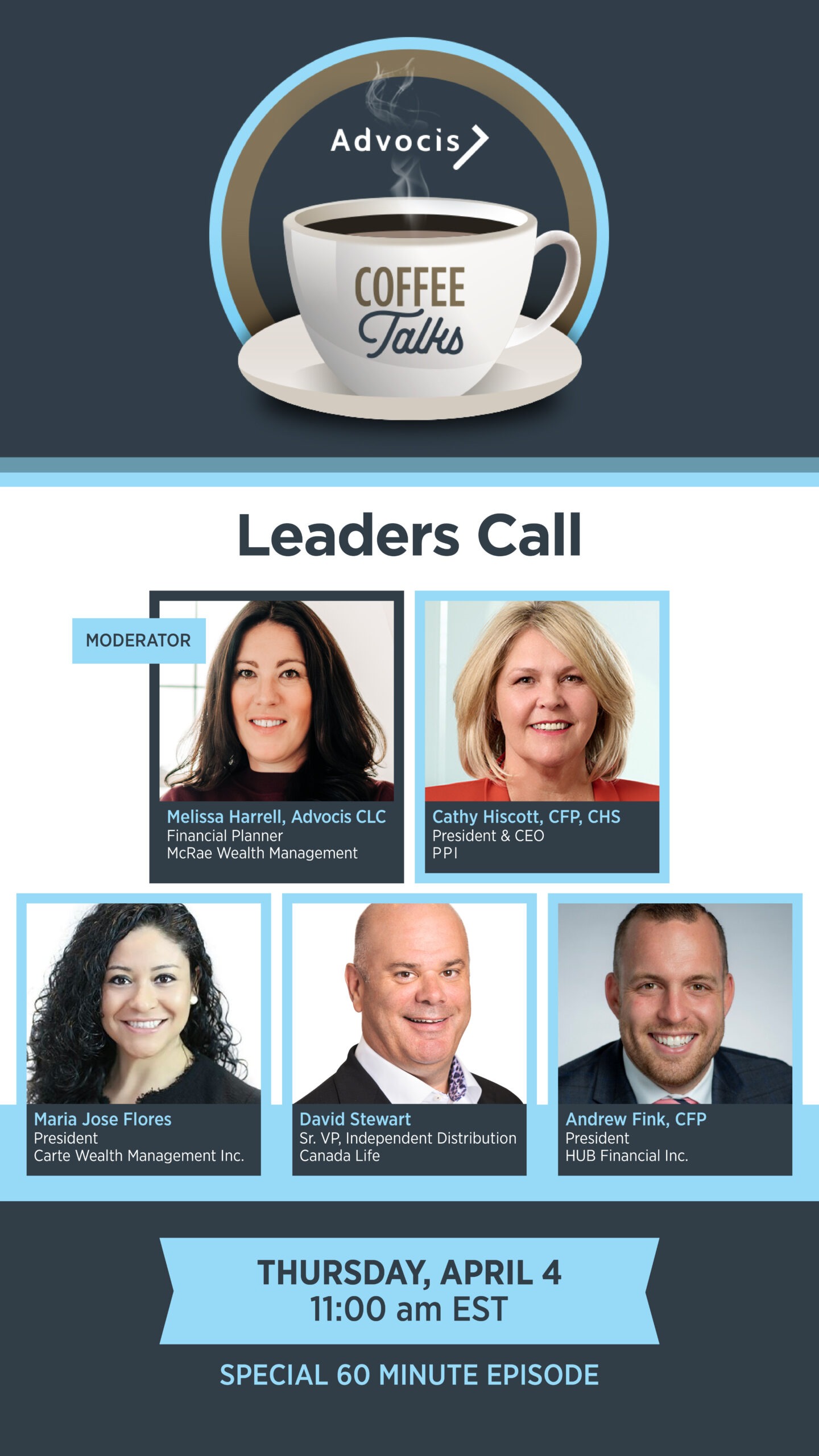Leo Almazora, Wealth Professional Canada
January 26, 2022 – For house-rich Canadians facing liquidity challenges in retirement, the idea of unlocking an alternative income stream using their home equity may hold a certain appeal, especially amid red-hot housing markets. That was evident from homeowners’ behaviour last year: HomeEquity Bank, Canada’s market leader in reverse mortgages, crossed the $1-billion mark in reverse mortgage originations for the first time ever in 2021, 28% more than in 2020.
But the president and CEO of Canada’s national association of financial advisors suggests that rather than going all-in on a reverse mortgage, Canadian homeowners should do so with prudence and professional guidance.
“We, as an association, haven’t taken a position on reverse mortgages,” Greg Pollock from Advocis, the Financial Advisors Association of Canada, tells Wealth Professional. “We think there’s a lot of benefits to reverse mortgages, and we think there are some costs around reverse mortgages.”
While Advocis hasn’t conducted any formal surveys of its membership to gauge clients’ interest in them, Pollock acknowledges reverse mortgages as a financial product that people might want to consider. As real estate values around Canada soar at an extraordinary space, he says it creates a lot more space for homeowners to borrow against their home through a reverse mortgage.
“If you use one of these products, there’s no impact on your Old Age Security, OAS, or Guaranteed Income Supplement GIS,” he adds, noting how reverse mortgages allow individuals to access their home equity on a tax-free basis.
But even if the products don’t weigh on retirees’ other income streams, they can still open up some other potential planning pitfalls. Pollock suggested that Canadian retirees with estate plans exercise a level of caution, as leveraging their home equity into a reverse mortgage could affect their ability to leave a piece of their estate to their adult children, for example.
“If one is in need of funds, there are various strategies that one can put in place to ensure cash flow into the future. But you’ve got to look at the whole picture,” he says.
Recent research from the U.S. suggests that reverse mortgages can actually help protect against risks faced by some homeowners. A study conducted by Finance of America Reverse (FAR), a U.S.-based retirement solutions company, found that American retirees who are able to tap reverse mortgages can potentially reduce their exposure to volatility in the investment markets, and raise their net worth by a considerable amount during the course of a 30-year retirement.
The proponents of the study also found that mass affluent Americans, generally defined as those with investable assets between US$100,000 and US$1.5 million, stand to benefit most from retirement strategies that rely on reverse mortgages as an alternative source of cash flow.
For many Canadians, taking on a reverse mortgage might also offer a benefit that goes beyond money. As Pollock notes, some retirees might be faced with the prospect of having to leave their home of many decades because of cash flow issues; for those people, a reverse mortgage might mean the difference between staying and moving out.
But he also stresses that in many situations, reverse mortgages aren’t the only answer. To determine the different solutions that may be available to them, as well as the pros and cons of each, he encourages Canadians to speak to a qualified financial advisor.
“You need to look at the fees related to the products, and determine the interest rate that’s being charged back again the loans. You need to assess if there are other implications: can this impact your ability to take on other loans, or broader plans you may have of moving out? What about your estate plan?” he says. “By working with an advisor, you’re going to be able to address these kinds of questions. … Do an assessment. What are the other options out there?








